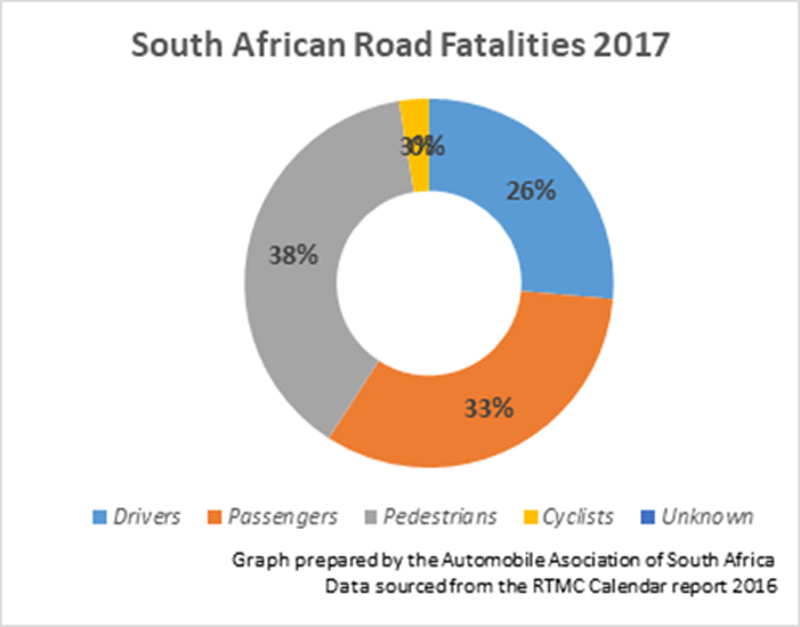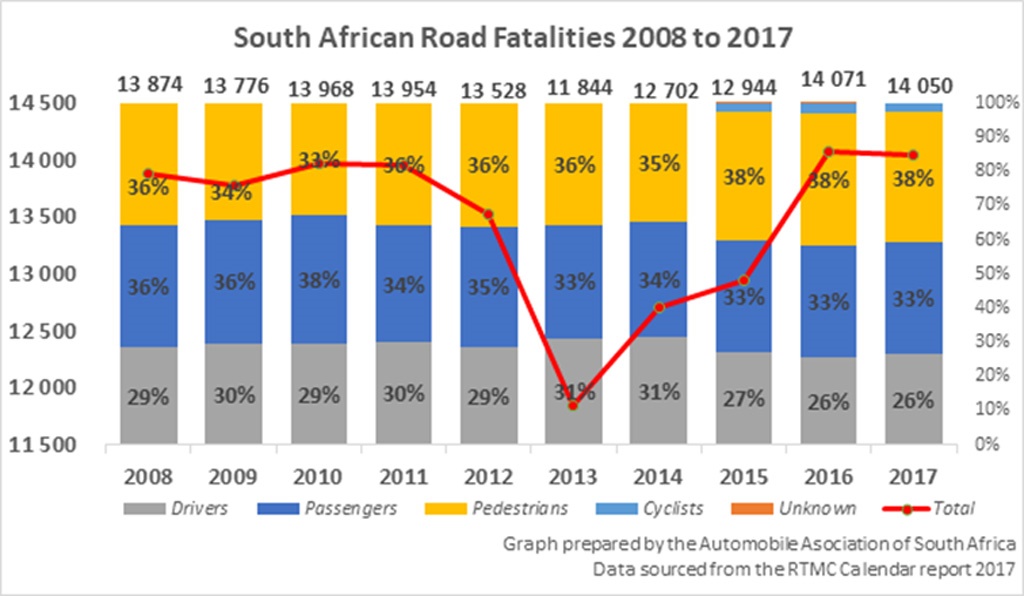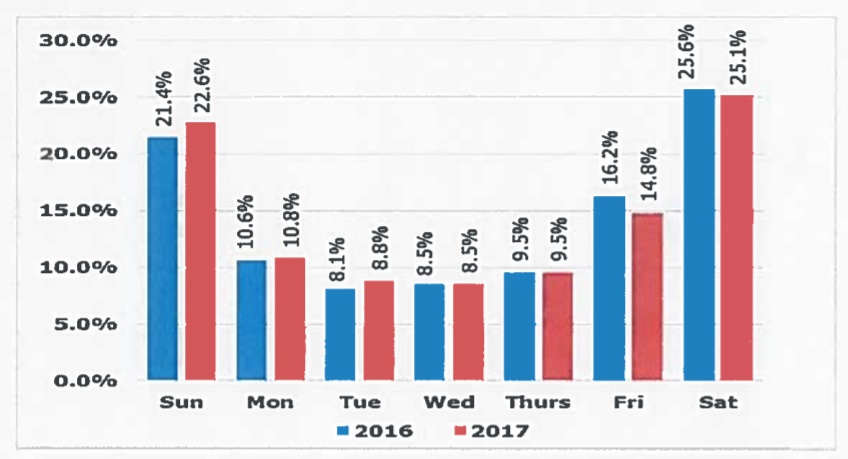
Germany - With the highest rate of road traffic fatalities compared to any other region in the world - despite only having only 2% of the world's vehicles - Africa's road safety crisis was in the spotlight on the first day of the International Transport Forum (ITF) Summit on Wednesday.
"Africa has 2% of the world's cars but 20% of the road deaths. The continent must be empowered to tackle this problem now," Young Tae Kim, ITF Secretary-General told journalists.
READ - SA road deaths 'a national crisis': 134 000+ killed over 10 years - AA
In an attempt to help curb this crisis, the World Bank, Federation Internationale de l'Automobile (FIA) and ITF signed a memorandum of understanding in Leipzig on Wednesday to establish the first regional Road Safety Observatory in Africa.
This observatory will be hosted in Morocco.
"Supporting governments in the region to collect, analyse and use quality crash data is a powerful way to direct some scarce resources to their most effective use and save more lives," Kim added.
What do you think can be done to curb road deaths in SA? What do you think automakers should do to reduce crashes? Email us
WATCH: Curbing Africa's road death crisis
The memorandum of understanding follows a resolution signed in February by Benin, Kenya, Morocco, Nigeria, Senegal South Africa and Tanzania, confirming their interest for the project. These seven African countries are currently working on finalising the observatory's governance structure and funding mechanism.
"By understanding the root causes of traffic injuries and fatalities, policy makers can better evaluate the preventive measures available and make investment in road safety more effective," FIA president Jean Todt said.
The ITF summit is the world's largest gathering of transport ministers and policy makers, and this year focuses specifically on transport safety and security.
More than 40 ministers have confirmed their participation in this year's event, and up to 1 400 delegates from roughly 85 countries are expected to attend. South African minister of transport, Blade Nzimande, is also attending.
The summit kicked off with a keynote address by HRH Prince Michael of Kent, who proposed a three-point plan to drastically reduce the number of road deaths and serious injuries.
"First, we need to establish a new UN road safety target to halve road deaths and serious injuries by 2030…Second, we need to mobilise new resources to finance road injury prevention programmes…Third we need much stronger political commitment to road safety."
While aviation experienced its safest year in history in 2017, the same cannot be said for travelling on the road. About 3 500 people are killed on the world's roads every day – making this our most dangerous mode of transport. And if the current trend continues, 21.7 million people will have died in road crashes between now and 2030.
"To accept such an appalling human tragedy really cannot be an option," Prince Michael said.
Other transport safety and security issues that will be debated by over 100 speakers in more than 40 different sessions and events, include the safety of self-driving cars and drones, cyber-security and blockchain applications in transport.
In closed meetings, ministers will also discuss issues such as transport and climate, the dependency of transport on digital devices, and how to make supply chains more resilient.
Fin24 is a guest of the ITF at its summit.
According to the statistics, 14 050 people died in road crashes on South African roads in 2017. This is marginally lower than the 14 071 people who died in road crashes in 2016 but still higher than any year from 2008 to 2015.
The RTMC said: "A total number of one-hundred and forty-five (145) major crashes were reported and investigated during this period under review. Approximately 838 were killed and 805 people sustained injuries as a result of major crashes."
What do you think of can be done to curb road death tolls? Email us
South African Road Fatalities 2017 per road user group - Graph by RTMC

Road Fatalities 2008 – 2017 per road user group - Graph by RTMC
Number of fatal crashes per day of the week 2016-2017 - Graph by RTMC
Percentage distribution of fatal crashes per day of week - Graph by RTMC
The Automobile Association (AA) says the statistics show the situation on the country’s roads is worsening, despite numerous safety campaigns by government and non-governmental organisations.
The AA says: "It is also important to note that the preliminary Easter road fatality statistics – released earlier this month by Transport Minister Blade Nzimande – are 14% up over the same period last year. These figures, which are likely to climb, already do not bode well for the overall national road safety picture for 2018.
"Seen against the backdrop of the fatality statistics the past ten years (from 2008) these numbers prove that current road safety initiatives are simply not working. Since then, almost 135 000 people died in road crashes in South Africa. This is a shocking number which, without urgent intervention, genuine commitment from all role-players, and a complete change in the attitude of all road users, will never significantly decrease."
The Association notes that the ‘stabilising’ of the fatality rate at just over 14000 deaths per annum is "unacceptable, and should be seen as a national crisis".
It notes a reversal of this can only be achieved through the implementation of several key plans.
Ways to reduce SA's road death toll: List by the AA
• Creating a safer environment for pedestrians to commute, especially on busy roads,
• Extensive nationwide pedestrian education campaigns,
• An increase in reliable, safe public transport,
• A swifter introduction of crash avoidance technology in vehicles, and,
• Encouraging employers to consider the wellness of employees, especially in relation to their commutes to and from work, through:
• Ensuring employees who walk to work are visible at all times, either through improving uniforms to make them more visible, or making the use of high visibility sashes, vests or jackets compulsory,
• Ensuring the safety of vehicles in fleets (or pool vehicles) and delivery bikes, and,
• Ongoing internal road safety education to staff.




 Publications
Publications
 Partners
Partners














